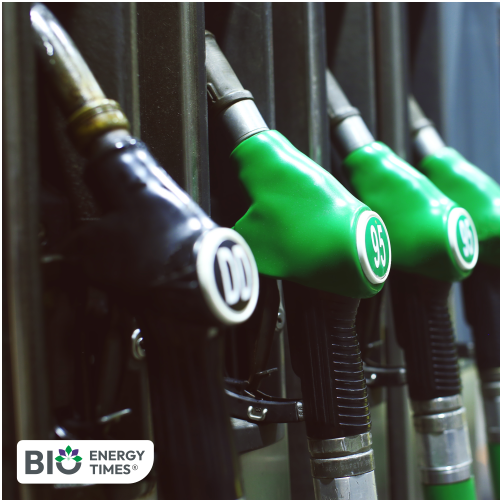New Delhi: Union Minister for Road Transport and Highways Nitin Gadkari has defended India’s ethanol-blending programme, rejecting claims that it favors certain companies or harms vehicle users. Speaking at the Nirman Bharat event to India Today TV, he described the criticism as misleading and motivated by vested interests opposed to reducing India’s reliance on imported fuel.
“Concerns about ethanol lowering mileage are not true. In Brazil, cars have been using petrol with up to 27 per cent ethanol since 1953 without any issues,” Gadkari said.
India rolled out 20 per cent ethanol-blended petrol (E20) nationwide in April 2025, ahead of schedule. The government says the policy reduces the oil import bill, cuts urban pollution, and boosts farmers’ incomes by increasing demand for crops like sugarcane and maize.
Critics have raised concerns that E20 could damage older vehicles and accused Gadkari’s family-linked sugar companies of benefiting disproportionately. Questions were also raised about the lack of choice, as unblended petrol has largely disappeared at most outlets.
Gadkari dismissed these claims. “No company has been given special treatment. Ethanol prices are set through government tenders, and my family’s share is under 0.5 per cent of total production. These claims are false and politically motivated,” he said.
He highlighted the benefits for farmers, saying, “After maize was included in ethanol production, farmers in Uttar Pradesh and Bihar saw significant gains. Prices went from around Rs 1,200 per quintal to Rs 2,600–2,800. Farmers now grow three crops a year, maize acreage has tripled, and incomes have risen.”
Opposition parties have demanded the availability of non-blended petrol for older vehicles and called for independent studies on E20’s long-term effects. Some also accused the government of rushing the rollout to benefit certain industries.
Gadkari said the programme is vital for India’s future. “This policy helps reduce imports, cut pollution, and support farmers. Biofuels like ethanol, methanol, biodiesel, LNG, CNG, and hydrogen will be key for jobs, energy security, and rural prosperity. I will continue to promote alternative fuels because they save money, improve farmers’ incomes, reduce pollution, and create employment,” he added.















